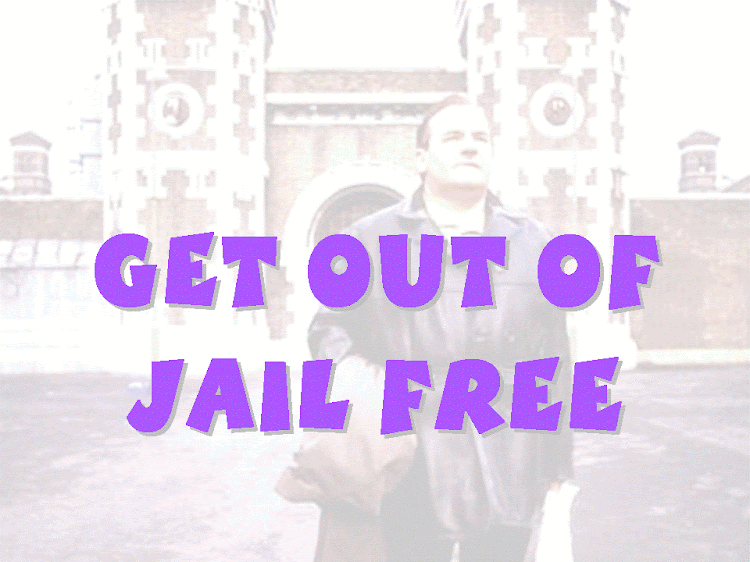The next morning, as it happened, I had to conduct a funeral myself. I had never met the person who had died or any of the family either. But at the pre-funeral visit I asked some family members to tell me all about the deceased. They were very good at giving me lots of good information about characteristics and personality quirks as well as just biographical facts. (It is not always so). After the service, a number of people said my description in the tribute had been just spot on, which was a relief of course. How awful if it weren't...
Although it's impossible to sum up a person's life in a few minutes, I do think the tribute is an important part of the funeral service. Otherwise the service is impersonal - it could be about anyone. And when there has been a long illness, as with my mother-in-law, it's so good to remind everyone of the years of life and health and fun and laughter and adventures that went before.
 By contrast, though, I've always been very struck by the instructions that Jesus left for his memorial service:
By contrast, though, I've always been very struck by the instructions that Jesus left for his memorial service:"The Lord, Jesus, on the night of his betrayal, took bread. Having given thanks, he broke it and said,
This is my body, broken for you.
Do this to remember me.
After supper, he did the same thing with the cup:
This cup is my blood, my new covenant with you.
Each time you drink this cup, remember me.
What you must solemnly realize is that every time you eat this bread and every time you drink this cup, you reenact in your words and actions the death of the Lord. You will be drawn back to this meal again and again until the Lord returns."
When we have a memorial service we, quite properly, try to highlight some of the most important achievements of the person's life. They may be publicly recognised achievements (medals/honours/career advancements/etc.) or more family orientated achievements such as their contribution to their family. Or whatever.
And yet when Jesus was instigating his memorial service, he didn't ask for any of the amazing events of his life to be recalled - his teaching or his miracles - but rather his death.
When Jesus planned his memorial service (not a one off but one that would be repeated in every generation of the Church) it was entirely a memorial of his death. Whereas when we conduct funerals we're trying to help the family get past the memory of the death in all its awfulness to the years gone by, Jesus actually wants us to focus on his death.
The reason for the difference? Well, we may accomplish things in our lives which benefit others. We don't normally accomplish anything by dying. Jesus, on the other hand, whilst accomplishing much of great worth during his earthly life, accomplished something of infinite and eternal worth by the act of dying. He wants us to remember his death because his death is the most important thing about him.
His death was why he came. The shadow of the cross was over the manger. And his death was for us.
Occasionally prisoners tell me they're "doing time" for someone else - they've taken the blame to save their partner/brother/best mate. Being a very skeptical soul, I don't always believe them! But it's possible that it's true. On the other hand I have complete confidence that someone else - Jesus - has paid the penalty for all my sin (which I'm very sorry for) so I won't have to. And that death also accomplished final victory over death in general.
Two more of the many Bible readings I find comforting in grief:
Jesus said: “Set your troubled hearts at rest. Trust in God always; trust also in me. There are many dwelling-places in my Father’s house; if it were not so I should have told you; for I am going to prepare a place for you and if I go and prepare a place for you I shall come again and take you to myself, so that where I am you may be also; and you know the way I am taking.
I am the way, the truth, and the life; no one comes to the Father except by me. Peace is my parting gift to you, my own peace, such as the world cannot give. Set your troubled hearts at rest, And banish your fears”.
...and a man called John had a vision:
“I saw a new heaven and a new earth, for the first heaven and the first earth had vanished, and there was no longer any sea. I saw the Holy City, new Jerusalem,
Coming down out of heaven from God, made ready like a bride adorned for her husband.
I heard a loud voice proclaiming from the throne: “Now God has His dwelling with mankind! He will live among them and they shall be his people, and God Himself will be with them. He will wipe away every tear from their eyes. There shall be an end to death, and to mourning and crying and pain, for the old order has passed away!” The throne of God and of the Lamb will be there, and his servants shall worship him; they shall see him face to face and bear his name on their foreheads. There shall be no more night, nor will they need the light of lamp or sun, for the Lord God will give them light; and they shall reign for ever”.








3 comments:
I've never thought about the distinction you make here. It's an interesting perspective. (I've never equated communion with funerals. It opens new thoughts.)
It is always difficult for clergy, I suspect, to be able to say things about the deceased for whom they may have had limited or no contact with. For my friend's dad that died, the rabbi that performed the service was the same rabbi that he had while in hospice, so he got to know him a little. This rabbi was very good, and like the pastor at you MIL's funeral, told some very funny stories and explanations from Jewish history regarding burial customs. this was more for the edification of the non-Jews there, though there were some surprises even for me.
You were interested Jewish burial customs, and here is a pretty good link:
http://www.thefuneraldirectory.com/jewishcustoms.html
One caveat though: they say that organ donation is not allowed according to Orthodox (halachic) Jewish law, which is patently false. That ideal was changed years ago, when it was determined that the halachic prohibition against organ donation was overridden by the one regarding the saving of human life. This was challenged in a great part by an incident in Israel over 10 years ago, when an Israeli teenager was killed in a terrorist attack. Her family chose to donate their child's organs, which saved the lives of both Israeli and Palestinian children and adults, and that's when this prohibition seriously looked at again.
Hmm. I like the name of your blog. Humans who do not believe in Christ are is essence in jail and they can get out for free and don't have to be there against their will. Great connection.
Post a Comment